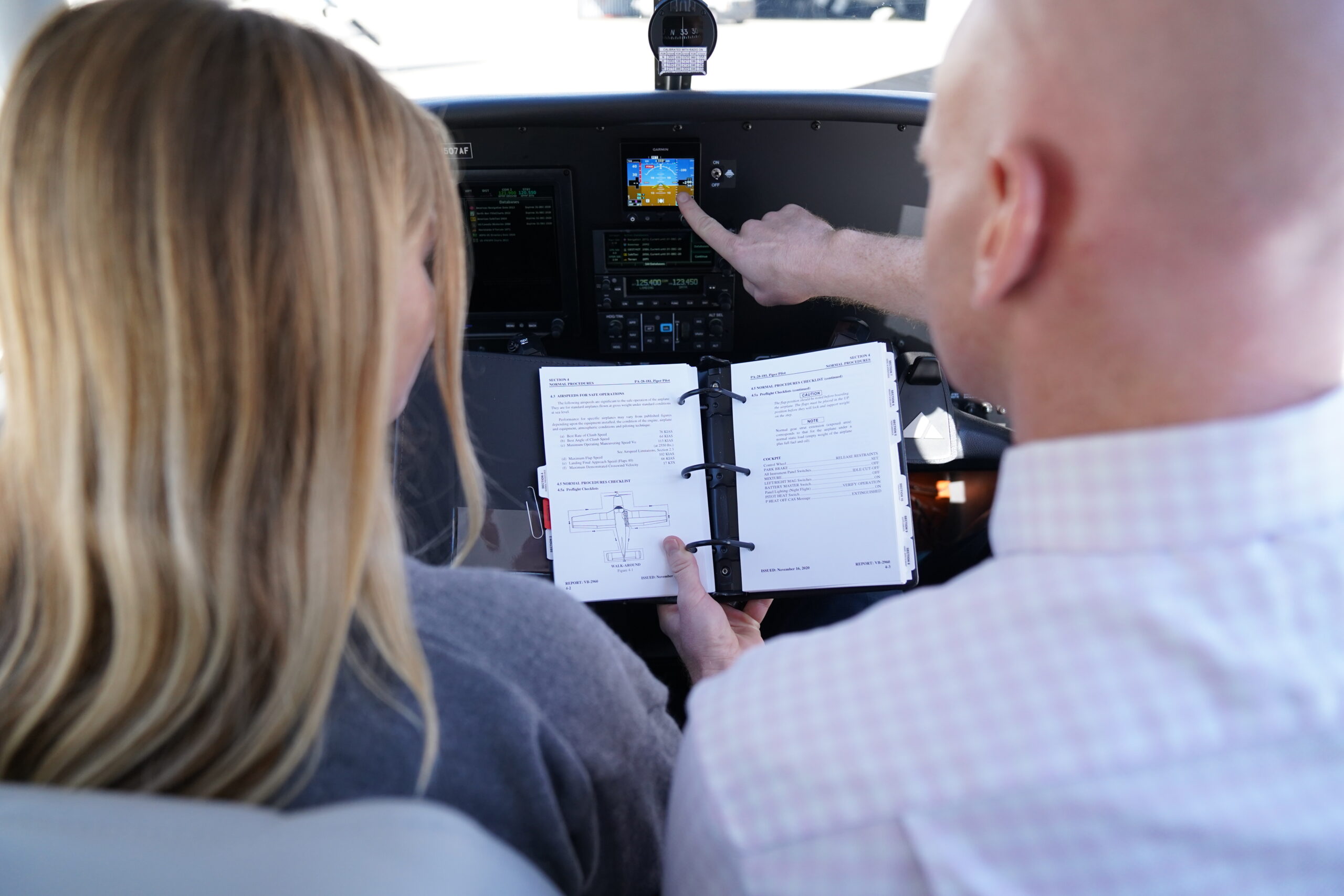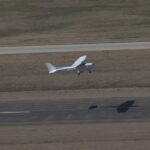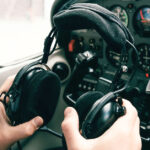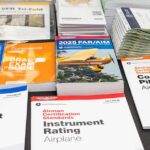Are you flying like an airline pilot or like a barnstormer?
Have you ever asked yourself why all airlines and most reputable flight departments conduct structured proficiency/recurrent training every six months? Is it to give their pilots some much needed fun flying? Or maybe it’s just an insurance requirement? Could it be that these professional pilots and department heads recognize that aviation, at every level, is a very dynamic venture where nothing stays the same for long?
In today’s world, it is impossible to maintain proficiency by just meeting the requirements to be current. You may be current and legal, but are you safe?
Can you keep up with the pace of regulation changes just by reading aviation magazines from time to time or talking with your fellow pilots? No. The professionals realize this. They demand that their staff not only do the reading but also sit down with senior instructor pilots to ensure they are kept up to date with any and all changes currently happening, as well as those expected in the future.
The other aspect of proficiency is, of course, flying skills. Can you expect to maintain your flying skills by doing the required minimums? I think you know the answer to that. Rust builds fast on dormant ships. This also holds true for those who say “I’m always flying” and make frequent “normal” flights. The “normal” everyday A to B flight does not maintain proficiency. You’re just going through the motions like the airline pilots who fly canned flight plans day in and day out. We can all make the houses get smaller and return them to normal size, but what if something happens in between? Will you be ready to handle it calmly, correctly, and more importantly, efficiently?
The continued progression of what I like to call “robo equipment” in the simplest of aircraft nowadays is a double-edged sword. Certainly, it lightens the workload, but it also reduces pilots’ hand-flying and navigation skills.
Proficiency is the only thing that will make the difference between an emergency landing and an aircraft accident. The sad fact is that most of us only think about regulatory requirements. If we’re honest with ourselves, we rarely give serious thought to true proficiency until we’re on short final with no airport in sight.
I’d like to suggest that we should all treat our flying like corporate and airline professionals do. Sit down with your instructor and lay out plans for a consistent recurrent training plan, complete with dates and times. You know that’s the only way the training will happen.
Be sure your proficiency includes ground, flight, and simulator time.
You may ask, “Why do I need the simulator if I’m including flight time?” For the same reason the airlines use them: you can do things in a simulator you wouldn’t dare try in the air. The simulator gives you that “been there, done that” assurance that you can resolve any problem correctly, with a clear, calm mind. Have fun with it; mess things up and see what it takes to recover. This is the time to work up a sweat and prove to yourself that you’ve still got the skills required for thousands of happy and safe hours in the sky.
Give your proficiency the respect it deserves. Put your training on the calendar just like every other important event in your life. Make it mandatory. Just see that it gets done. Do it now even if you haven’t in the past. Schedule it into the near future on the day you pass your checkride. Just don’t fall into the trap of thinking “I passed the checkride, so I’m good.” Your checkride is just the beginning; your training and education must never stop.
If you believe you don’t need this kind of continued training, check yourself the next time you fly. If the airplane bumps or makes a strange sound, how do you react? Does it take a few seconds to recover from the tingling shock that runs up your spine? Are you just a little on edge the rest of the flight? That’s your proficiency telling you something. I hope you’re listening.
Every day it gets more and more important for pilots to do regular and meaningful recurrent training. Flying an airplane safely is too important to you and the ones around you to let your proficiency slide. Be an airline pilot each and every time you take command, whether of a C172 or a B747.
Call American Flyers to discuss the proficiency plan that meets your needs.
Here’s to Happy Flying!










